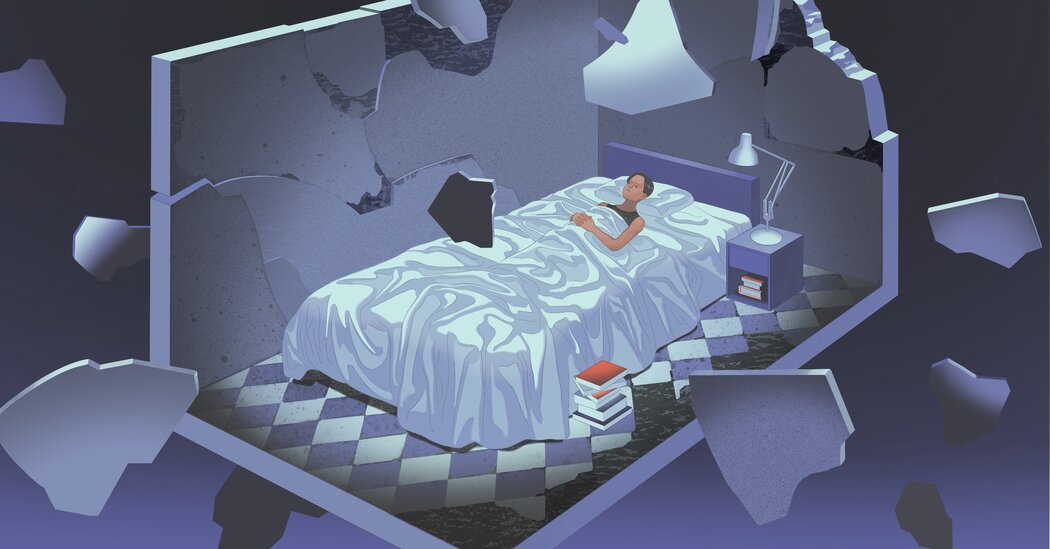
It started with mild anxiety.
Emily, who asked to be identified only by her first name because she was discussing her mental health, had just moved to New York City after graduate school, to start a marketing job at a big law firm.
She knew it was normal to feel a little on edge. But she wasn’t prepared for what came next: chronic insomnia.
Operating on only three or four hours of sleep, it didn’t take long for her anxiety to ramp up: At 25, she was “freaking nervous all the time. A wreck.”
When a lawyer at her firm yelled at her one day, she experienced the first of many panic attacks. At a doctor’s suggestion, she tried taking a sleeping pill, in the hopes that it might “reset” her sleep cycle and improve her mood. It didn’t work.
Americans are chronically sleep deprived: one-third of adults in the United States say they get less than 7 hours a night. Teenagers fare even worse: About 70 percent of high school students don’t get enough sleep on school nights.
And it is having a profound effect on mental health.
An analysis of 19 studies found that while sleep deprivation worsened a person’s ability to think clearly or perform certain tasks, it had a greater negative affect on mood. And when the National Sleep Foundation conducted a survey in 2022, half of those who said they slept less than 7 hours each weekday also reported having depressive symptoms. Some research even indicates that addressing insomnia may help prevent postpartum depression and anxiety.
